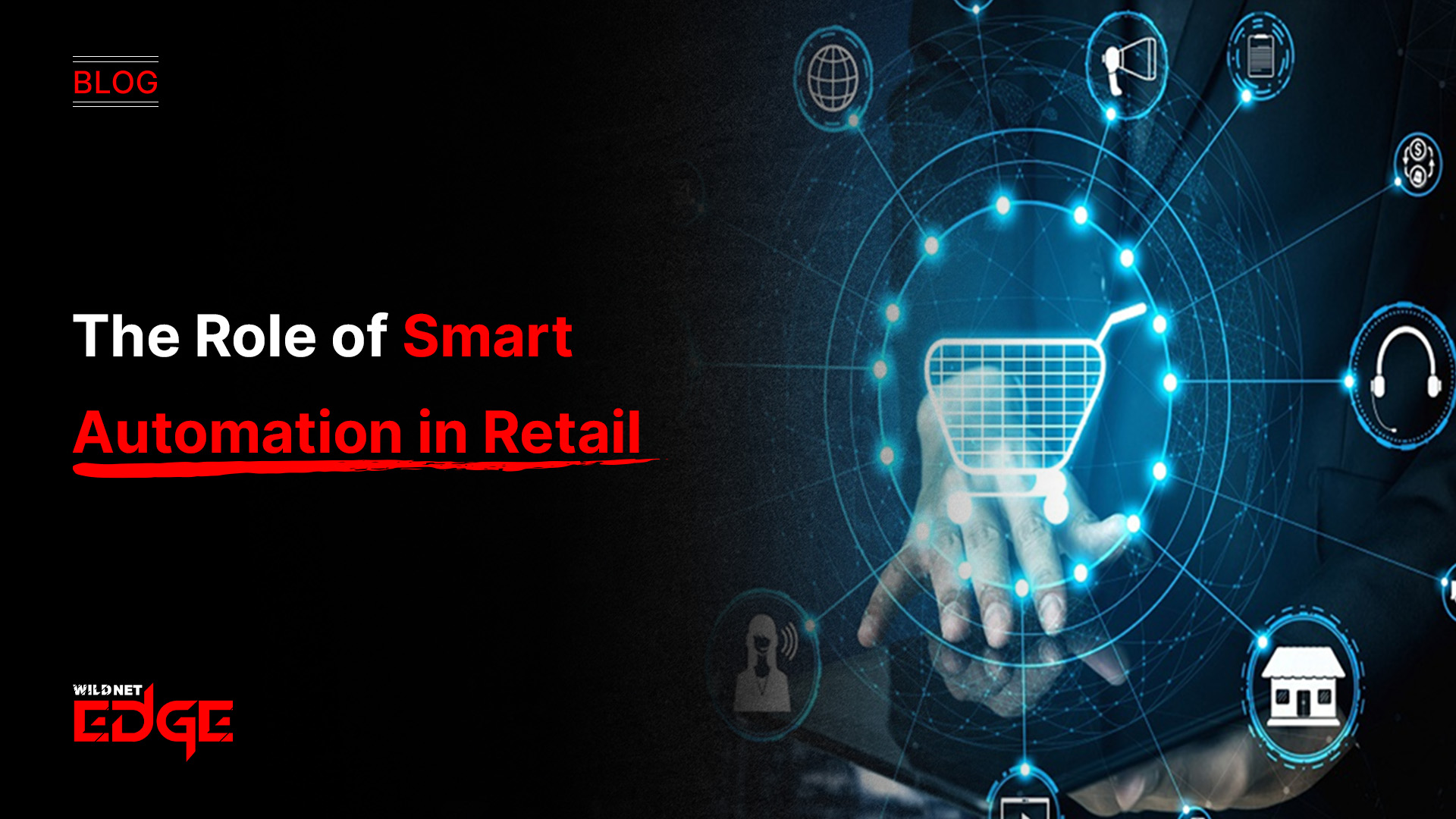In 2026, navigating the landscape of DevOps app development costs can be complex and daunting. As businesses grow increasingly reliant on digital solutions, understanding where their money goes becomes critical. Let’s be real—money doesn’t grow on trees, and every dollar spent should yield definite returns. From project complexity to team models, various factors drive the overall devops budget. This article is your roadmap to navigating DevOps app development costs, making it easier to allocate resources wisely. By the end, you’ll grasp actionable insights to streamline your budgeting process and ensure efficient development without compromising quality.
What Key Factors Most Influence the DevOps App Development Cost?
Multiple factors weigh heavily on your DevOps app development cost. Let’s break them down:
- Project Complexity: A simple app could start around $5,000, while enterprise-level applications can exceed $300,000. The more features, integrations, and custom workflows you add, the pricier it gets.
- Geography: Development costs vary widely based on developer location. For instance, North American rates average $100-$250/hr, while Eastern Europe hovers around $35-$70/hr. This disparity can significantly affect your budget.
- Developer Experience: Seasoned developers and specialized DevOps engineers command higher rates, affecting total expenditures.
Understanding these factors lets you make informed decisions in preparing your devops budget, ensuring you don’t end up with a project that underdelivers and overspends.
How Does CI/CD Pricing Impact Overall Software Development Budgets?
CI/CD pricing can be a game-changer in your overall software development budget. Integrating Continuous Integration and Continuous Deployment pipelines requires specific tools that come with varying costs. Here’s what you need to consider:
- Tool Selection: Open-source tools often save you money upfront but can demand additional resources for management and tuning.
- Licensing Costs: Commercial tools might provide better support and robust functionality but can steepen your overall budget.
- Scalability: The pricing model fluctuates with deployment scale, underlining the need for strategic planning.
Businesses should closely evaluate their CI/CD needs against development budget constraints to maximize value while avoiding financial pitfalls.
What Essential Components Should Be Included in a Comprehensive DevOps Budget?
A well-structured DevOps budget must encompass several key components:
- Development Phases:
- Discovery
- Prototyping
- Development
- Testing
- Deployment
- Maintenance
- Ongoing Costs: On average, estimate 15-25% of the initial development cost for annual maintenance and updates. This ongoing commitment includes not just minor bug fixes but also recurring automation software charges for the tools you use.
- Security Measures: If your DevOps operates in sensitive industries, budget extra for security audits and compliance. This can escalate costs by 25-50%, a critical factor that many ignore until it’s too late.
Crafting an exhaustive budget ensures comprehensive coverage of all potential scenarios, so you don’t find yourself scrambling down the road.
What Are Typical Charges Associated with Paying for Automation Software?
Automation software charges can differ based on various criteria. Here’s how to break them down:
- Type of Software: Open-source solutions can initially appear attractive but may incur costs further in development. Conversely, commercial products provide stable support but come with hefty price tags.
- Integrations: Costs for third-party integrations can add additional expenses, especially if they require customized development.
- Licensing Fees: Continuous licensing fees can vary, especially based on your organization’s size and complexity of your projects.
Understanding these charges enables organizations to allocate funds more effectively and avoid unexpected financial hurdles that could throw off your project timeline.
What Should You Expect When You Hire a DevOps App Developer?
The choice to hire devops app developer talent is significant, and several considerations should guide this choice:
- Experience Level: Junior developers may be more affordable, offering a short-term savings benefit. However, seasoned professionals bring expertise that can save costs in the long run, especially through efficient code and fewer bugs.
- Location: Developers from regions with lower hourly rates can provide a cost-effective solution without sacrificing quality—but quality control becomes critical.
- Agency vs. Freelancer vs. In-House: Each team model comes with unique cost structures. A DevOps App development company offers comprehensive management but at a higher price, while freelancers might be cheaper but generally less reliable. In-house teams require ongoing salaries and benefits but could provide deeper integration with your organizational culture.
Evaluating these factors allows you to make better decisions when you hire devops app developer resources, aligned with your budget expectations and development goals. This includes choosing between a freelancer, an in-house team, or a DevOps App development company.
Why Post-Launch Maintenance is Crucial for Budget Planning?
Effective budgeting doesn’t stop at project completion. Post-launch maintenance is vital for your financial strategy. The reality is, maintenance can account for around 15-25% of the initial development expenses annually, covering critical areas like:
- Bug fixes
- Updates
- Security patches
- Future scaling needs
Neglecting these ongoing costs can lead to budget shortfalls and potential service disruptions down the line. Think of it as a safety net—necessary to keep your operations smooth and your customer base satisfied.
Conclusion
In conclusion, grasping the nuances of DevOps app development costs in 2026 is essential for making informed budgeting decisions. By considering key factors such as project complexity, ci cd pricing, and the right development team, businesses can optimize their financial resources while ensuring successful app deployment. A well-planned project will account for all potential automation software charges. If you are ready to hire devops app developer experts, a clear budget is the first step. Don’t navigate these waters alone—reach out to a professional DevOps App development company like Wildnet Edge, an AI-first company, today for tailored solutions that align with your needs. Together, let’s create a roadmap for success.
FAQs
Factors include project complexity, developer experience and location, the integration of CI/CD processes, and the decision to hire devops app developer talent in-house versus outsourcing.
CI/CD pricing can contribute significantly to budgets, depending on the selection of tools and the scale of deployment.
A complete budget should cover phases of development, ongoing maintenance, and security requirements.
Costs can vary widely; expect to pay between $35 and $250 per hour depending on experience, location, and whether you partner with a DevOps App development company.
Charges depend on the type of software and its licensing cost, with potential additional fees for integrations and ongoing support.

Managing Director (MD) Nitin Agarwal is a veteran in custom software development. He is fascinated by how software can turn ideas into real-world solutions. With extensive experience designing scalable and efficient systems, he focuses on creating software that delivers tangible results. Nitin enjoys exploring emerging technologies, taking on challenging projects, and mentoring teams to bring ideas to life. He believes that good software is not just about code; it’s about understanding problems and creating value for users. For him, great software combines thoughtful design, clever engineering, and a clear understanding of the problems it’s meant to solve.
 sales@wildnetedge.com
sales@wildnetedge.com +1 (212) 901 8616
+1 (212) 901 8616 +1 (437) 225-7733
+1 (437) 225-7733















 ChatGPT Development & Enablement
ChatGPT Development & Enablement Hire AI & ChatGPT Experts
Hire AI & ChatGPT Experts ChatGPT Apps by Industry
ChatGPT Apps by Industry ChatGPT Blog
ChatGPT Blog ChatGPT Case study
ChatGPT Case study AI Development Services
AI Development Services Industry AI Solutions
Industry AI Solutions AI Consulting & Research
AI Consulting & Research Automation & Intelligence
Automation & Intelligence













